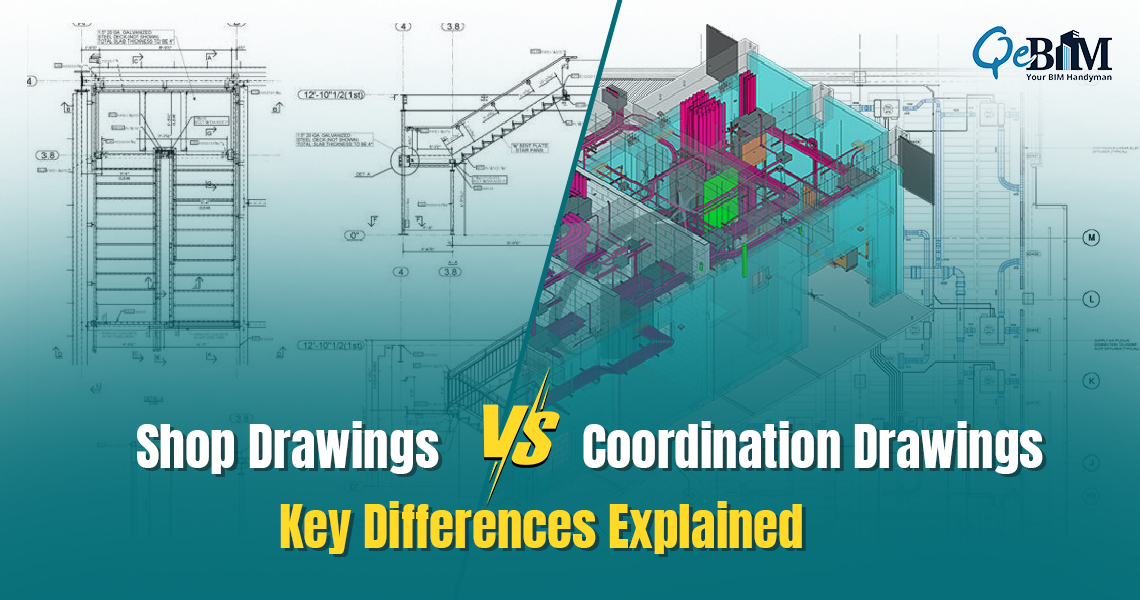Introduction:
In today’s construction scenario, the demand for a comfortable and energy-efficient indoor environments are higher than ever. HVAC (Heating, Ventilation, and Air Conditioning) systems often play a crucial role in achieving this balance. These intelligent systems are not only redefining the way many buildings are cooled but are also playing an important role in reducing the energy consumption as well as carbon emissions. However, with the advancement of technology, the traditional HVAC systems are still undergoing a transformation and all thanks to the Artificial Intelligence (AI).
The below blog explores the revolutionary impact of AI on HVAC systems, calling out for a new era of comfort, efficiency, and sustainability.
The Evolution of HVAC Systems:
HVAC systems have long been the backbone of the indoor climate control. They ensure comfort and productivity in various environments. Traditionally, these systems were operated on either the fixed schedules or the manual adjustments. This often resulted in the inefficiencies and unnecessary energy consumption. However, with the introduction of AI, this scenario has changed althrough. This has offered a dynamic yet adaptive approach to cooling that is both efficient and sustainable.
Understanding AI in HVAC:
Artificial Intelligence, a word synonymous with futuristic robots and complex algorithms, is making its mark in HVAC systems by leveraging the machine learning as well as data analytics. Unlike the conventional systems, AI-enabled HVAC systems hold the capability to analyse huge set of data and that too in real-time. These adapt to the changing conditions and do optimize the performances accordingly. This adaptive capability enables them to achieve unprecedented levels of efficiency and comfort while reducing energy consumption and operational costs.
How AI is Transforming HVAC Systems:
- Predictive Maintenance: AI brings immense benefits to the HVAC systems which notably is its capacity to forecast and avert equipment malfunctions effectively. By analysing data from sensors as well as historical performances, AI algorithms have the capability to detect potential issues before they escalate, allowing for proactive maintenance and reducing downtime.
- Optimized Energy Consumption: AI algorithms also can optimize the operation of HVAC systems in real-time based on factors such as occupancy patterns, outdoor weather conditions, and thermal load. AI-driven HVAC systems can significantly reduce energy consumption while maintaining optimal comfort levels by dynamically adjusting settings like temperature, airflow, and ventilation.
- Adaptive Control Strategies: Unlike traditional HVAC systems with fixed control algorithms, AI-enabled systems can learn and adapt to changing environmental conditions and user preferences. These systems can deliver personalised comfort and maximise energy efficiency by continuously optimizing parameters based on feedback and data analysis.
- Fault Detection and Diagnostics: AI algorithms can detect anomalies in HVAC system performance and pinpoint the root causes of inefficiencies or malfunctions. This capability facilitates timely repairs and enables continuous optimization of system performance to ensure peak efficiency.
- Integration with Building Management Systems (BMS): AI-powered HVAC systems can seamlessly integrate with BMS platforms to provide centralized monitoring, control, and optimization of building environments. This holistic approach enables facility managers to oversee multiple systems efficiently and utilize data-driven insights to improve sustainability and operational efficiency.
The Sustainability Imperative:
In a world facing the existential threat of climate change, the necessity for sustainability has never been more pressing. HVAC systems constitute a substantial portion of a building’s energy usage, making them a prime target for efficiency improvements. By harnessing the power of AI and using apt HVAC Shop Drawings Services, these systems can not only reduce energy usage and operational costs but also contribute to broader sustainability goals by lowering carbon emissions and mitigating environmental impact.
Conclusion:
The integration of AI into HVAC systems represents a fundamental change in the way we approach the cooling technology. By using advanced algorithms as well as data analytics, AI-driven HVAC systems offer unparalleled levels of efficiency, comfort, and sustainability. As the world strives to build greener and more resilient infrastructure, AI in HVAC systems emerge as a cornerstone of sustainable building design and operation, paving the way for a cooler, cleaner, and more sustainable future.


